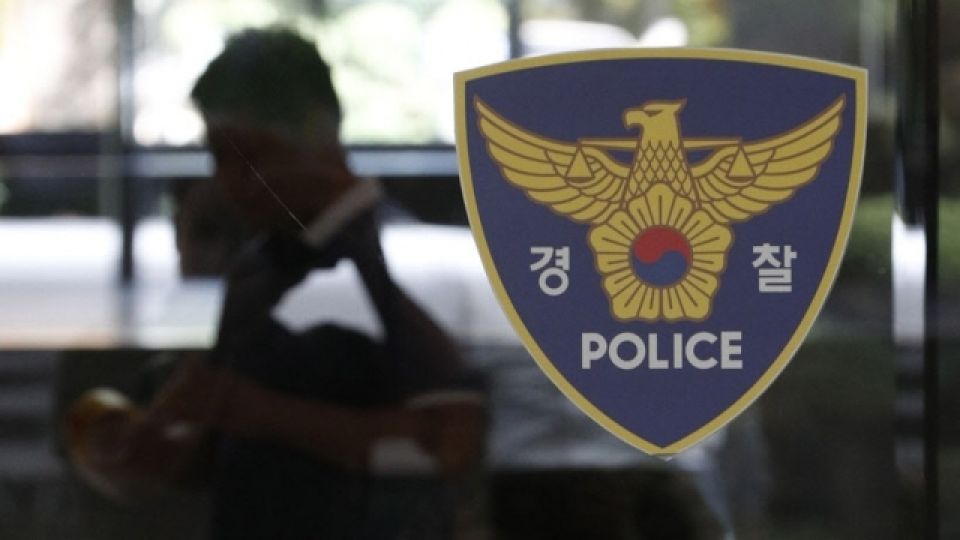October 4, 2024
SEOUL – South Korean police have caught scalpers in their 20s and 30s for using macro tools to illegally buy performance tickets for popular stars like Lim Young-woong and Byeon Woo-seok, then reselling them at premium prices.
The Seoul Metropolitan Police Agency said on Tuesday that they had apprehended seven individuals, identified as college students, job seekers and soldiers, who used automated macro programs from 2021 until August of this year to snatch highly sought-after tickets and resell them on the secondary ticket market for significant profit. These scalpers are being charged with violating the Public Performance Act, which bans ticket scalping.
The tickets resold included concerts by trot singers Na Hoon-a, Lim Young-woong and Lilpa from virtual girl group Isegye Idol, as well as musicals like “Dracula” and “Great Comet.”
The most expensive ticket sold through scalping was for actor Byeon Woo-seok’s fan meeting in July. A ticket originally priced at 77,000 won ($58.35) was resold for as much as 2.35 million won ($1,780). A ticket for singer Lim’s concert, priced at 177,000 won ($134), soared to 800,000 won ($600) on the secondary ticket market.
One of the main suspects, an unemployed woman in her 20s, reportedly made 100 million won ($74,000) by purchasing 331 musical tickets using buyers’ credentials through macro programs and reselling them. Another scalper, a man in his 20s, allegedly made 13.38 million won ($9,800) by reselling singer Lim’s concert tickets via a secondhand site. A third suspect, a soldier in his 20s, made 5.43 million won ($4,000) through similar methods.
Police said these scalpers used macros, which automate the ticket purchasing process, to secure multiple tickets within minutes, while ordinary ticket buyers had to wait in queues consisting of tens of thousands of people.
Authorities are planning to collaborate with operators of major concert venues, sports arenas, ticket platforms and entertainment agencies to form a joint task force to address the scalping issue. Under the current Public Performance Act, which was revised in March, offenders who illegally buy tickets for performances using macros for the purpose of reselling can face up to one year in prison or a fine of up to 10 million won ($7,600).
The police are also considering applying additional charges, including obstruction of business and violations of the Information and Communications Network Act.


